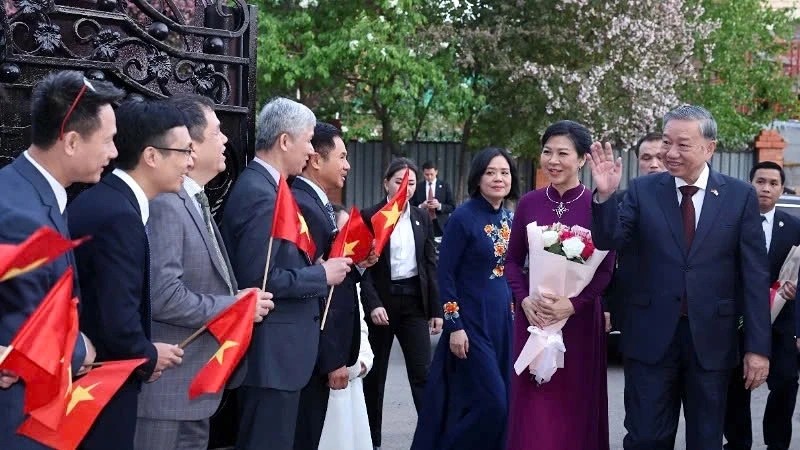Vietnamese products bought in over 200 markets worldwide

Vietnamese products are sold in over 200 markets in all latitudes
According to the report, Vietnam has rapidly improved its position, since from 2007 to 2018 it rose 24 places and in some products it is among the top five exporters on the planet, such as coffee (second), rice (third), clothing and textiles (third), and wood and derivatives (fifth).
In 2007, Vietnam's import and export operations were valued in excess of 10 billion dollars in 14 markets, and more than one billion with the United States. By the end of last year, however, these figures had reached 31 and four billion.
The increases were mainly in markets with strict import regulations and standards, such as the United States itself, the European Union, Japan and South Korea.
At the end of October, the United States remained its largest buyer, followed by China, members of the Association of Southeast Asian Nations, Japan and South Korea.
According to the report, the growth recorded in exports per year to Canada (30.9 percent), Russia (13.9%) and New Zealand (12.5%) is promising.
Vietnamese goods also have a greater geographical distribution, as while in 2007 65.8 percent were sold to Asia, this figure now represents just 53.6 percent. The difference was distributed mainly across the markets of America (which went from 13.4 to 23.4 percent) and Europe (from 15.2 to 18.4%).
The Ministry admitted that Vietnamese foreign trade still suffers from deficiencies and limitations such as poor persification of agricultural offers and high vulnerability to price changes in the international market.
In that regard, a series of recommendations were made to the government to put together a strategy capable of boosting exports.
In the first ten months of 2019, Vietnam made sales of more than 217 billion dollars abroad and hopes to close the year with 263 billion, which would mark an unprecedented level.
Five groups of products surpassed the 10 billion-dollar limit: cell phones and their components, computers and electronic products, textile clothing, footwear and equipment, machinery and tools.
Together with these, another 24 groups generated income of more than one billion dollars and accounted for almost 60 percent of the total value of Vietnamese exports, in addition to fostering a trade surplus of more than seven billion.
VNF
Recommended
 National
National
Vietnam News Today (May 9): Vietnam Ready to Work With Russia to Elevate Relations
 National
National
Vietnam News Today (May 8): Vietnam Remains Committed to UNCLOS
 National
National
Vietnam News Today (May 7): Vietnam Hosts Over 7.67 Million International Visitors in First 4 Months
 National
National
Vietnam News Today (May 6): Party Leader To Lam Meets Vietnamese Expatriates in Kazakhstan
Popular article
 National
National
Boarding Kindergarten Children Supported with VND360.000/Month
 National
National
Vietnam News Today (May 5): Party Chief To Lam’s Trip to Russia Carries Special Strategic Significance
 National
National
Vietnam News Today (May 4): Vietnam, Sri Lanka Deepen Traditional Friendship, Comprehensive Cooperation
 National
National




